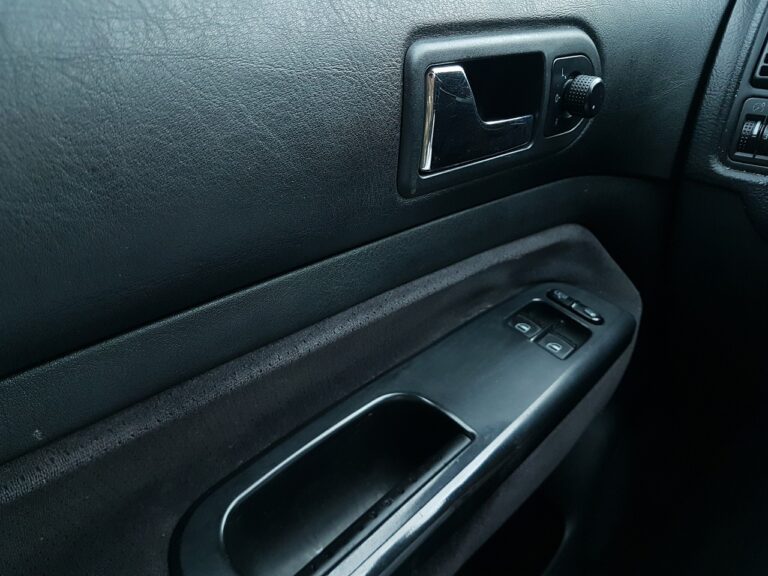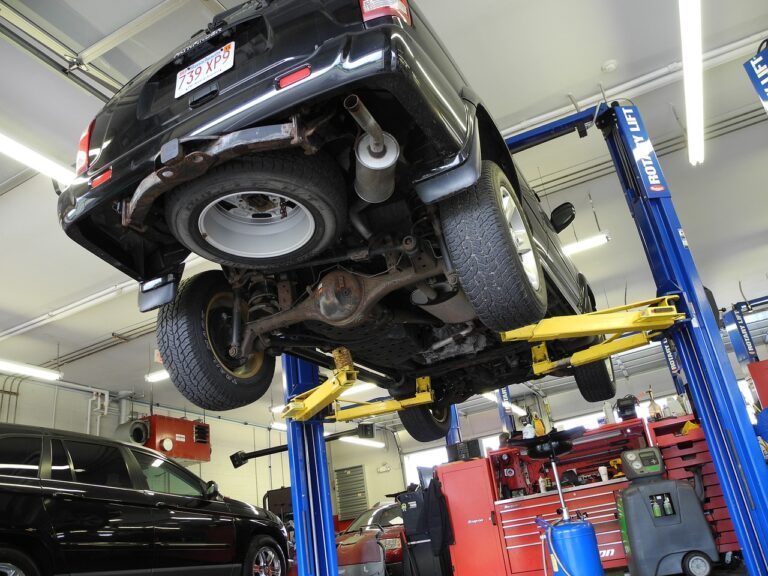The Environmental Impact of Car Recycling
Car recycling plays a crucial role in reducing the environmental impact of disposing of old and unused vehicles. When cars are left to decay in landfills, they release harmful pollutants and toxins into the air, water, and soil. This can lead to contamination of ecosystems and harm human health. By recycling cars, valuable materials such as metal, glass, and plastic can be recovered and reused, reducing the need for new resources to be extracted from the earth.
Additionally, recycling cars helps to conserve energy and reduce carbon emissions associated with manufacturing new vehicles. The process of recycling requires less energy compared to producing virgin materials, which helps to lower greenhouse gas emissions. By promoting car recycling, we can work towards a more sustainable future and lessen the burden on our planet’s natural resources.
The Process of Recycling Cars
Automobile recycling involves several steps from start to finish. When a vehicle reaches the end of its life, it is first dismantled carefully to extract valuable components like brakes, engines, and tires. Next, the remaining shell is crushed and shredded into smaller pieces. These pieces are then separated into various materials such as metal, plastic, and rubber through a process called shredding. Each material is further processed for reuse in manufacturing new products.
Recycling cars helps reduce the demand for raw materials needed in producing new vehicles, which in turn lessens the environmental impact of mining and manufacturing. By recycling automobile parts, we also prevent hazardous substances like oil, antifreeze, and mercury from polluting the environment. The process of recycling cars not only conserves resources but also plays a key role in promoting a sustainable and eco-friendly approach to automotive waste management.
Benefits of Recycling Cars for the Environment
Recycling cars significantly reduces the amount of greenhouse gas emissions released into the atmosphere. When a car is recycled, its metal components can be reused in manufacturing new vehicles or other products. This reduces the need for mining and processing raw materials, which in turn helps to lower energy consumption and carbon emissions associated with these processes.
In addition to reducing greenhouse gas emissions, recycling cars also helps to conserve natural resources. By reusing the metal from recycled cars, the demand for new metal production is reduced, leading to less environmental destruction caused by mining activities. Furthermore, recycling cars helps to minimize the amount of waste sent to landfills, which helps to alleviate pollution and conserve valuable landfill space.





